Physical Address
304 North Cardinal St.
Dorchester Center, MA 02124
Physical Address
304 North Cardinal St.
Dorchester Center, MA 02124
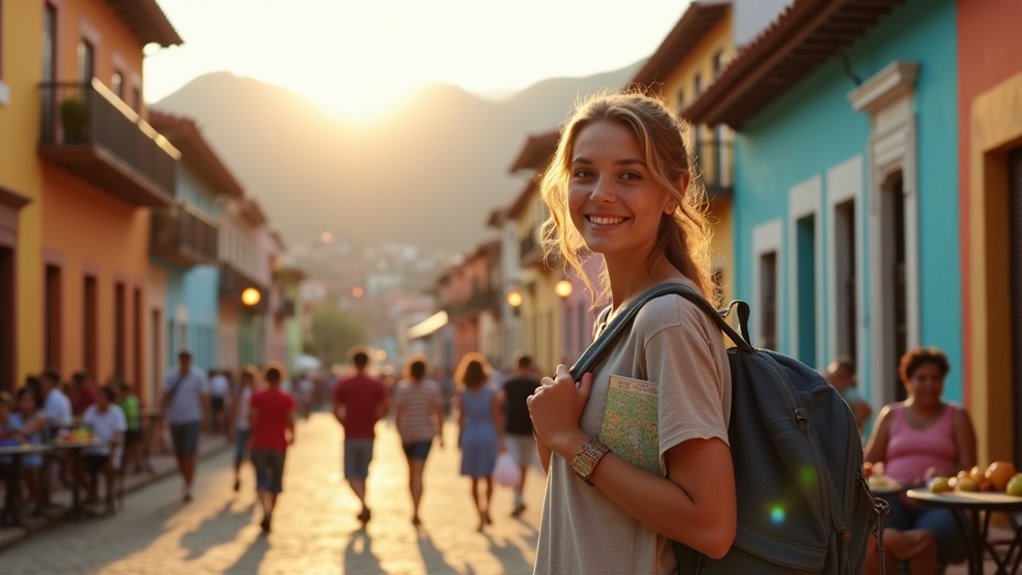
In today's Venezuela, extreme danger lurks behind beautiful landscapes, but certain regions offer glimpses of safety amidst the chaos.
Venezuela remains one of the world’s most dangerous travel destinations in 2024. You’ll face serious risks including violent crime, political repression, wrongful detention, and collapsed infrastructure. The country’s ongoing economic crisis has created widespread shortages of food, medicine, and basic services. While some tourist areas like Isla Margarita are relatively safer, most governments advise against all travel. If you must visit, extensive preparation and extreme caution are essential for your safety.
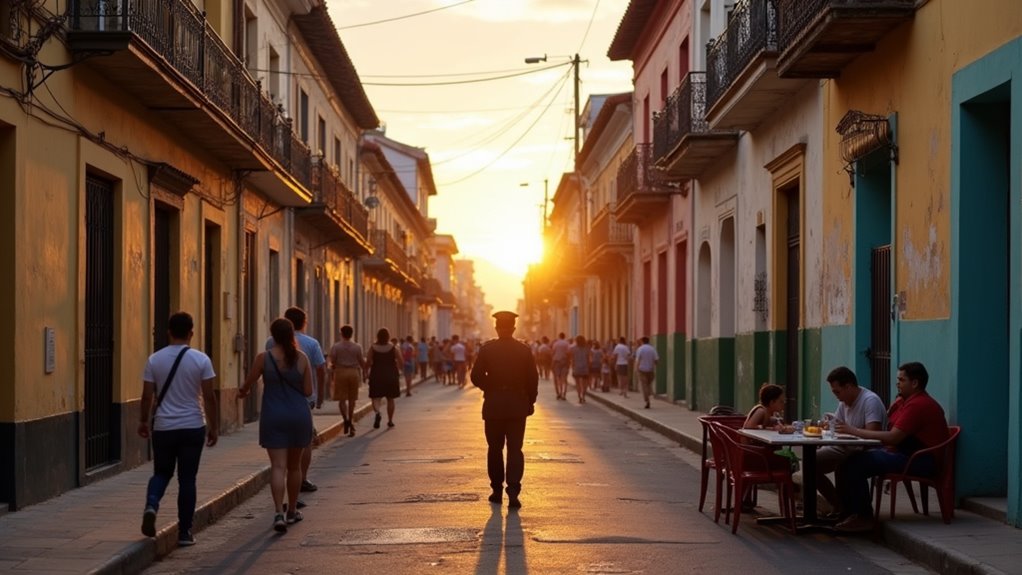
While Venezuela has long faced political challenges, the current safety situation has deteriorated considerably, especially following the July 28, 2024 presidential elections. The aftermath has seen widespread government repression, including arbitrary detentions, enforced disappearances, and violence against protesters.
You’ll encounter “Operation Knock Knock,” where authorities target critics through mass arrests and social media monitoring. Many detainees face vague charges like “terrorism” or “incitement to hatred,” often with limited access to legal representation. The government has blocked 35 digital outlets including news websites, NGOs, and platforms like X, Wikipedia, and Signal.
Conditions in detention are harsh, with reports of physical abuse and incommunicado holding.
International travel advisories strongly warn against visiting Venezuela due to risks of wrongful detention, kidnapping, and terrorism. You’ll also face practical challenges including shortages of food, medicine, water, and fuel.
Despite recent declines in crime statistics, Venezuela continues to rank first globally with a crime index score of 80.7, reflecting the severe security challenges you’ll face when visiting.
While homicide rates have decreased from their 2017 peak of 48 per 100,000 to 26.2 in 2024, these figures remain markedly higher than Latin American averages.
Though overall crime dropped 34.4% from 2020 to 2021, you should still exercise extreme caution. This continues a consistent downward trend observed since 2019, when crime rates decreased by 28.2%.
Key crime factors in Venezuela include:
Regional variations exist, with cities like Cumana experiencing homicide rates exceeding 62 per 100,000 inhabitants.
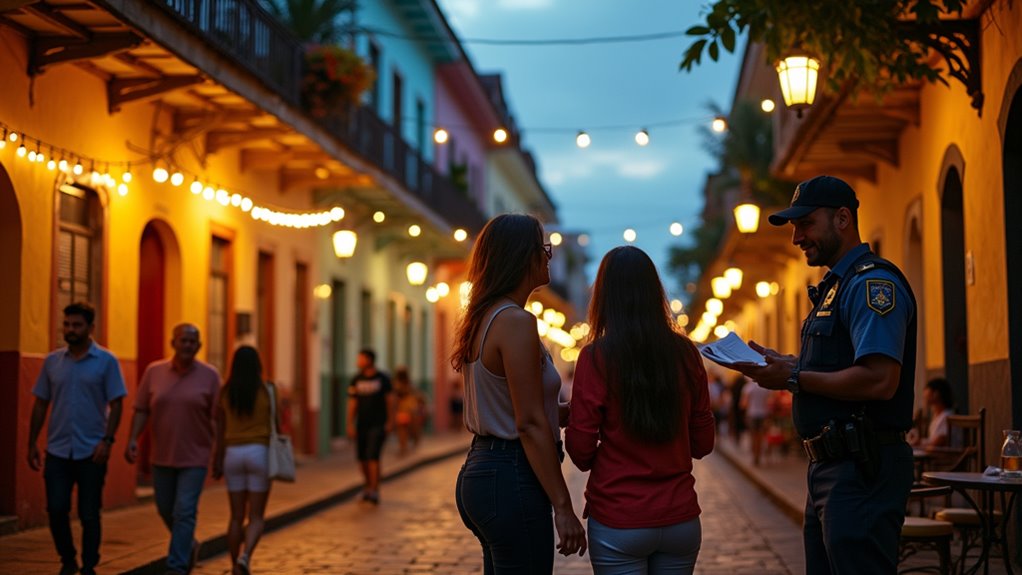
Foreign travelers in Venezuela face substantial risks that require careful consideration before and during your visit. Violent crime rates are high, and you may encounter arbitrary detention—even if you hold dual citizenship. The country’s economic challenges have created widespread shortages of food, medicine, water, and fuel.
The political landscape remains unstable, leading most governments to advise against all travel to Venezuela. If you decide to visit despite these warnings, you’ll need to prepare for disruptions to basic services and potential civil unrest.
Medical facilities lack adequate supplies and equipment, presenting serious health risks should you require treatment. Plan thoroughly for emergencies, as the infrastructure you might rely on in other countries simply isn’t dependable here. Travelers with US passports face heightened risks of wrongful arrests and may become targets for corrupt officials demanding bribes.
Understanding where you can safely travel in Venezuela requires regional awareness. The country’s safety landscape varies dramatically by region, with some areas presenting considerably higher risks than others.
Navigating Venezuela demands local knowledge, as safety conditions vary significantly across this complex nation.
Always research current conditions for your specific destination, as security situations can change rapidly.
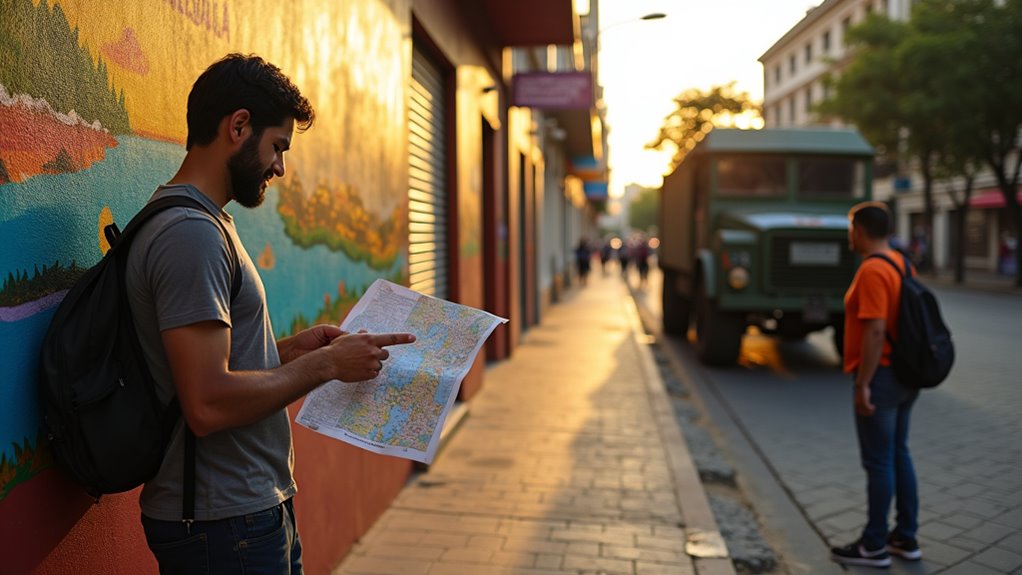
Venezuela’s ongoing political instability presents significant risks that you should carefully consider before planning any visit. The government’s increased repression has led to widespread protests, often met with violent crackdowns by security forces and pro-government armed groups.
As a tourist, you could inadvertently encounter roadblocks, demonstrations, or security operations. Even peaceful bystanders have been caught in arbitrary detentions, with nearly 2,000 political prisoners detained since July 2024 alone. The risk extends to foreign nationals perceived as critics. Media freedom is severely restricted, with authorities shutting down over 400 media outlets in the past two decades and arresting journalists who cover sensitive political topics.
Travel disruptions can occur suddenly as the political situation ranks in the lowest 13th percentile globally for stability. Most foreign governments issue strict travel advisories warning against visits due to unpredictable security conditions and the government’s tendency to respond harshly to dissent.
While visiting Venezuela, you’ll confront an economic crisis of staggering proportions that directly affects every aspect of your travel experience. The country’s hyperinflation, though down from its 2018 peak of 63,000%, still hovers around 150%, creating daily price increases and widespread poverty. The massive economic contraction where the economy shrank by 75% between 2014 and 2021 has devastated infrastructure and services throughout the country.
Despite modest economic growth projections of 3%, the recovery won’t markedly improve conditions during your visit. The economic emergency measures have done little to address systemic problems.
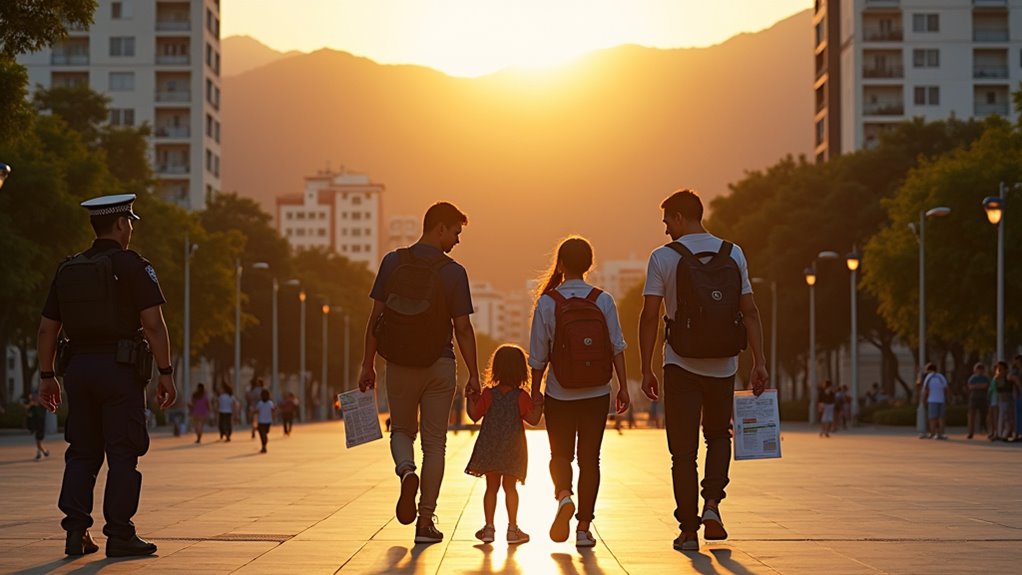
When traveling through Venezuela, your personal safety must be your highest priority regardless of how compelling the country’s attractions may be.
Avoid protests, high-crime areas, and the Colombia-Venezuela border region. Don’t travel after dark or engage in political discussions.
Maintain a low profile by not displaying valuables. Use only authorized taxis and carry minimal identification.
Stay alert, especially in crowded places. Inform trusted contacts about your daily plans.
Carry essential medications and use only bottled water. Have emergency contacts ready and purchase exhaustive travel insurance with evacuation coverage.
Keep communication tools handy and learn basic Spanish phrases. Register with your embassy upon arrival.
Respect local laws strictly—avoid photographing government buildings and dress modestly to blend in.
Be prepared for frequent service disruptions including power outages, water rationing, and communication failures that may last for days.
For safer travel and accommodation:
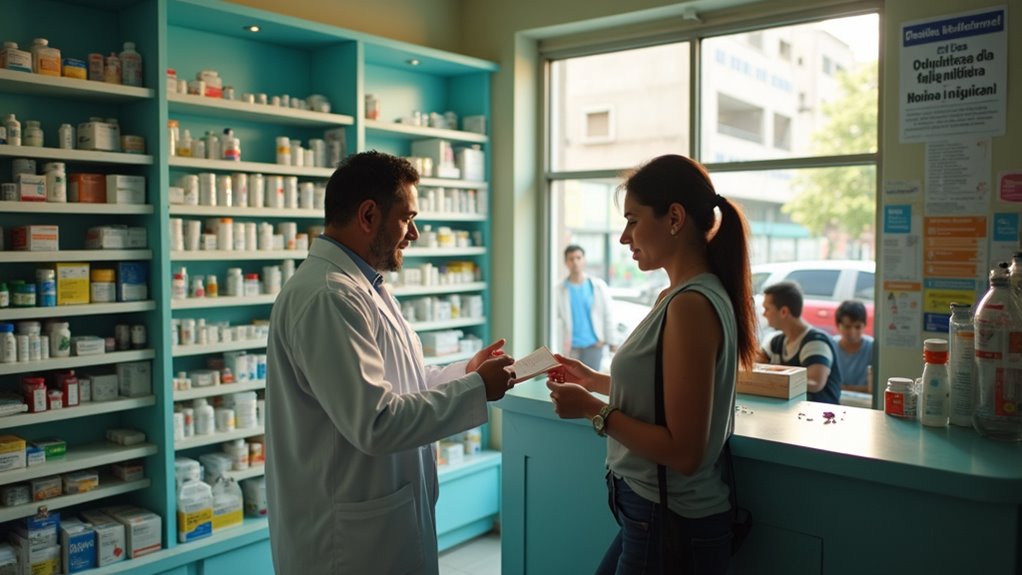
Venezuela’s healthcare system has collapsed under the weight of economic and political crisis, creating serious risks for travelers. You’ll face significant challenges including widespread medication shortages, unreliable hospital equipment, and insufficient medical supplies.
Bring all essential medications, as even basic drugs are scarce. Pack an extensive medical kit with antibiotics, anti-diarrheals, and antimalarials. Vector-borne diseases like malaria have surged dramatically, so take rigorous precautions against mosquitoes. The life expectancy trends from 2000 to 2021 show concerning health deterioration in the country, reflecting the systemic healthcare issues.
Water safety is critical—only 18% of Venezuelans have regular access to potable water. Never drink tap water and be cautious with food preparation.
Power outages frequently affect medical facilities, so research private clinics in advance and purchase an all-inclusive travel insurance with emergency evacuation coverage.
Venezuela remains a challenging destination that shouldn’t be taken lightly. While its natural beauty can steal your heart, the current safety risks cast a long shadow over travel plans. With proper preparation, avoiding high-risk areas, and staying vigilant, you can navigate some regions cautiously. However, until political stability and economic conditions improve, most travelers should consider safer alternatives for their South American adventures.